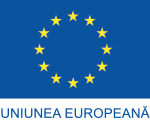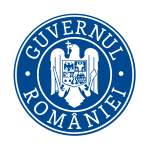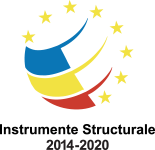It's time to take a break from your work!
It’s time to take a break from your work!
Studies have shown that taking time away from work can have physical and mental health benefits. People who take vacations are less stressed, have a lower risk of heart disease, a better outlook on life, and more motivation to achieve goals. If you still need a little convincing, here is a list five health benefits of taking a vacation:
- Improved physical health: Stress is a contributing factor to heart disease and high blood pressure. Recovering from a demanding period by taking a break can restore energy levels, decrease the chances of cardiovascular disease and improve sleep patterns.
- Improved mental health: Neuroscientists have found that chronic exposure to stress can alter your brain structure and bring on anxiety and depression. When you take a vacation, feelings of calm arise and relieve stress, which allows the body and mind to heal in ways that it could not if it were still under pressure.
- Increased mental motivation: Everyone has their limits and pushing yourself too far can become counterproductive.
- Decreased burnout: Employees who take regular time to relax are less likely to experience burnout, making them more creative and productive than their overworked, under-rested counterparts. In other words, address your mental, physical, and spiritual needs before committing to responsibilities helping others.
- Improved family relationships: While career aspirations are an important focus, the relationships with those closest to you are essential. If you bring your work home the important people in your life may begin to feel less important or even neglected. Even a short amount of time away from your job allows you to unplug and spend quality time with your loved ones.
Below are our tips to help you reap the benefits of vacation wherever you go.
Plan. While a spontaneous getaway can be exciting, research shows that the stress of poorly planned vacations can cut the positive benefits of time off. Planning a week ahead and focusing on the details in advance versus figuring things out while on vacation has been shown to result in a better vacation experience.
Find the type of experience you want to have. The ideal vacation is different for each of us. What is your idea of recreation? What allows you to recharge? What nourishes you? For some, it is hiking or relaxing at the beach. For others, it is a creative pursuit, exploring a new location, a new culture or engaging in an adventure sport. Knowing this will help choose potential destinations and activities.
Spend time outdoors. Research shows that spending time in nature helps us both mentally and physically. Whether you are traveling or staying home, make outdoor activities part of your vacation, it could be anything from sports to a picnic in a small park.
Unplugging from work is a big part of what makes vacation feel like vacation. It is down time for our brains from the barrage of cognitive demands that come with our jobs. It creates the space for creativity to appear and allows us to be fully present with our families or travel partners.
Create memories. Vacations are also great opportunities to create lasting, positive memories. Studies show that recalling happy memories can decrease stress, anxiety, and depression. Since it is easy to capture the most enjoyable moments of our vacations with a smartphone, go ahead and record singing around the campfire while eating s’mores.
Enjoy your vacation!



